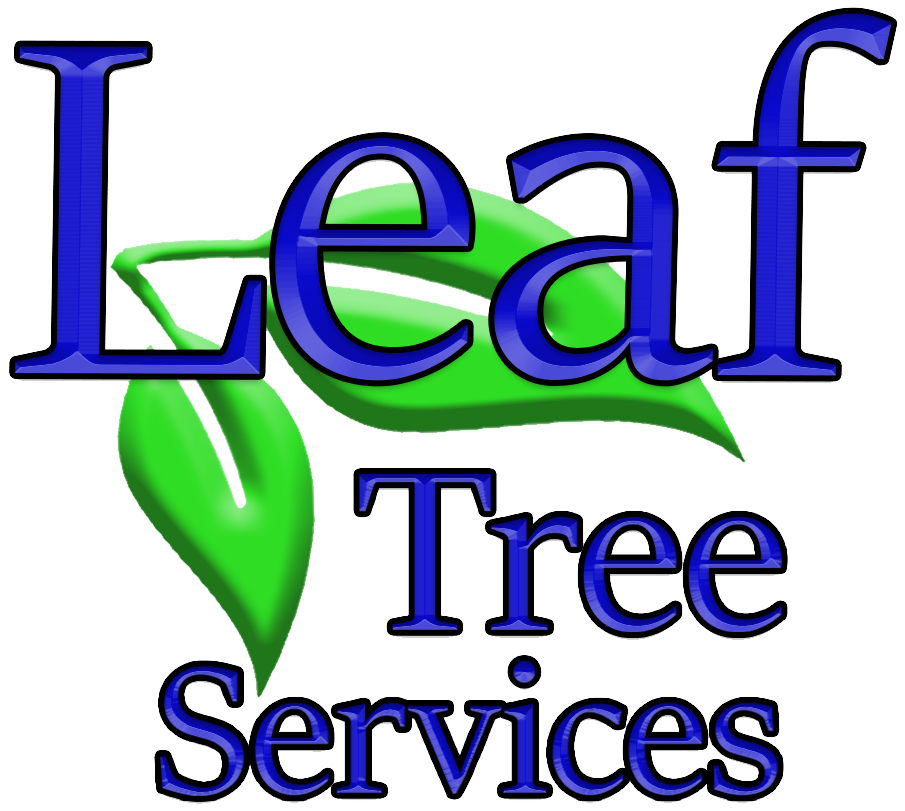Tree care services can help strengthen weak trees
Tree care services in Round Rock and Austin TX can help strengthen weak trees within your property. Trees are the silent giants of our natural world, standing tall and strong, providing us with oxygen, shade, and beauty. However, just like any living organism, trees can sometimes become weak and vulnerable. Weakness in trees can manifest in various ways, such as leaning to one side, sparse foliage, or signs of decay. But fear not, for there are ways to strengthen a weak tree and help it thrive once again.
Before delving into the methods of strengthening weak trees, it’s crucial to understand the underlying causes of their weakness. Weakness in trees can result from a combination of factors, including poor soil quality, inadequate nutrients, pests, diseases, physical damage, or environmental stressors such as extreme weather conditions.
Identifying Weakness in Trees
The first step in strengthening a weak tree is to identify the signs of weakness. Here are some common indicators that a tree may be experiencing weakness:
- Leaning or Tilting: If a tree is leaning to one side more than usual, it may be a sign of weak roots or structural instability.
- Sparse Foliage: Insufficient foliage, premature leaf drop, or a lack of healthy green leaves can indicate a tree’s struggle to photosynthesize and produce energy.
- Cracks or Holes in the Trunk: Physical damage to the trunk, such as cracks or holes, can weaken the tree’s structural integrity and make it more susceptible to further damage.
- Decay or Rot: Soft, spongy areas on the trunk or branches, along with fungal growth, are signs of decay or rot, which can compromise the tree’s health.
- Pest Infestation: Presence of pests such as aphids, borers, or caterpillars can weaken a tree by feeding on its leaves, stems, or roots.
Once you’ve identified that a tree is weak, it’s essential to take action promptly to prevent further deterioration and potentially save the tree from decline or death.
Strengthening Weak Trees
Now that we’ve identified the signs of weakness in trees, let’s explore some effective strategies for strengthening them and promoting their vitality.
1. Proper Watering:
One of the most common reasons for tree weakness is inadequate or excessive watering. Proper watering is essential for maintaining healthy root systems and overall tree vigor. Be sure to water your tree deeply and infrequently, allowing the soil to dry out slightly between watering sessions. Avoid overwatering, as it can lead to root rot and weaken the tree’s foundation.
2. Mulching:
Applying a layer of organic mulch around the base of the tree can help retain soil moisture, regulate soil temperature, and suppress weed growth. Mulch also enriches the soil as it decomposes, providing essential nutrients for the tree’s growth and strengthening its root system.
3. Fertilization:
Fertilizing weak trees with a balanced blend of nutrients can help replenish depleted soil and promote healthy growth. Choose a slow-release fertilizer specifically formulated for trees and apply it according to the manufacturer’s instructions. Be cautious not to over-fertilize, as excessive nutrients can harm the tree and disrupt its natural balance.
4. Pruning:
Regular pruning is essential for removing dead, diseased, or damaged branches, which can weaken the tree and make it more susceptible to pests and diseases. Pruning also helps improve air circulation and sunlight penetration, promoting the growth of new, healthy foliage.
5. Structural Support:
In cases where a tree is leaning or structurally unstable, providing additional support may be necessary to prevent it from toppling over. This can be achieved by installing tree stakes or braces to anchor the tree and help it regain its upright position. Be sure to consult with a professional arborist to determine the most appropriate support system for your tree.
6. Pest and Disease Management:
If pests or diseases are contributing to the tree’s weakness, implementing an integrated pest management (IPM) strategy can help control infestations and prevent further damage. This may include cultural practices such as removing affected branches, as well as the targeted application of insecticides or fungicides if necessary. Always follow label instructions and consider using environmentally friendly products to minimize harm to beneficial insects and wildlife.
Strengthening a weak tree requires a combination of proactive measures aimed at addressing underlying issues such as soil quality, nutrient deficiencies, pests, and diseases. By implementing proper watering techniques, mulching, fertilization, pruning, structural support, and pest management strategies, you can help your tree regain its strength and vitality, ensuring its continued health and longevity for years to come.
Environmental Considerations
In addition to the aforementioned strategies, it’s essential to consider the broader environmental factors that may impact tree health and resilience. Climate change, urbanization, pollution, and habitat loss are all significant threats to trees worldwide. As stewards of the environment, it’s our responsibility to mitigate these challenges and create conditions that support healthy ecosystems.
Planting native tree species, reducing carbon emissions, preserving green spaces, and advocating for sustainable land management practices are just a few ways we can help protect and strengthen our trees for future generations.
In conclusion, while weak trees may face various challenges, there are numerous strategies available to support their recovery and promote their long-term health and vitality. By taking a holistic approach that addresses both the symptoms and underlying causes of tree weakness, we can ensure that our arboreal companions continue to thrive and enrich our lives for years to come.
Hire the best-rated tree care services in Round Rock and Austin TX
Leaf Tree Services is your locally owned professional tree service with certified arborists for residential and commercial customers in Round Rock, Austin, and surrounding Central Texas areas. You can trust your trees to us. Contact us today to schedule a consultation, at 512-670-6766.


